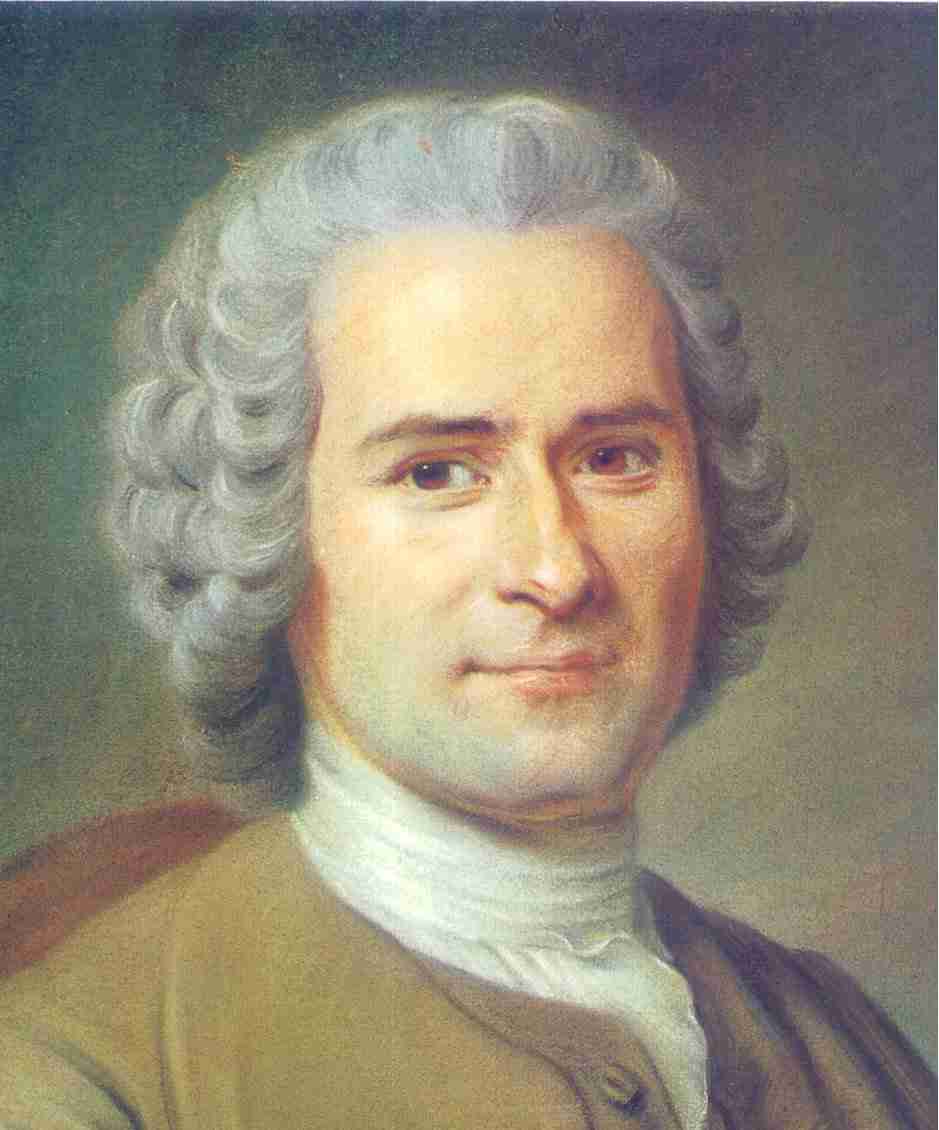Basic Background Information
- Born in Geneva, Switzerland on June 28th, 1712, to Isaac Rousseau and Suzanne Bernard.

- His mother died during childbirth, father abandoned him at the age of 10
- By the age of 16, he left Geneva and began to travel
- Had many love affairs, however the most serious, left him with 5 children whom he gave up to an orphanage
- Rousseau became one of the most powerful, influential, and controversial figures involved in the European Enlightenment
- By 1777, he had developed a mental instability which resulted in him moving to a cottage in the country. In 1778, his friends found him dead (believed to be an act of suicide)
Major Contributions to Enlightenment
Rousseau played a significant and influential role in the Enlightenment as he put the belief that the world was improving to rest. He had the courage and intelligence to challenge the assumptions that were being made by society at the time. He believed very strongly that humans were good in nature, but are always open to corruption. He shed light on the fact that communities are made up of individuals, and in order to co-exist in harmony, the will of the individual and the needs of the community must both be considered. Rousseau’s most powerful and recognized work was “The Social Contract”, which put emphasis on the difficulties of freedom and authority. He strongly believed in the requirement for individuals to be able to express themselves while giving thought to the community being well kept.
Impact on Society: Legacy
Throughout his life, Rousseau, was a major (political) philosopher who heavily influenced the thoughts of society regarding educational, political, and sociological matters during the French Revolution as well as the European Enlightenment. He also released many well known and significant works which were greatly recognized (some were given awards) and made large contributions to musical theory as a composer. Rousseau’s many published works, were very popular and had a large impact on the generation’s thinkers as well as the political leaders. His greatest philosophical contribution was the belief that through the advancing of science and art, man can ultimately perfect himself and a perfect society can be built on earth.
The contributions that Jean-Jacques Rousseau made to the philosophical beliefs of society in the past are still affecting the present day society in the future, and it can therefore be concluded that he was able to create an everlasting mark in history and on society.
Major Works
- “Discourse on the Arts and Sciences” (1749):
- “The Social Contract” (Early 1760): “Man is born free and everywhere he is in chains”
- “Emile” (Early 1760):
- “Confessions” (his autobiography)
- Discourse on the Origin and Foundation of Equality” (1754)
